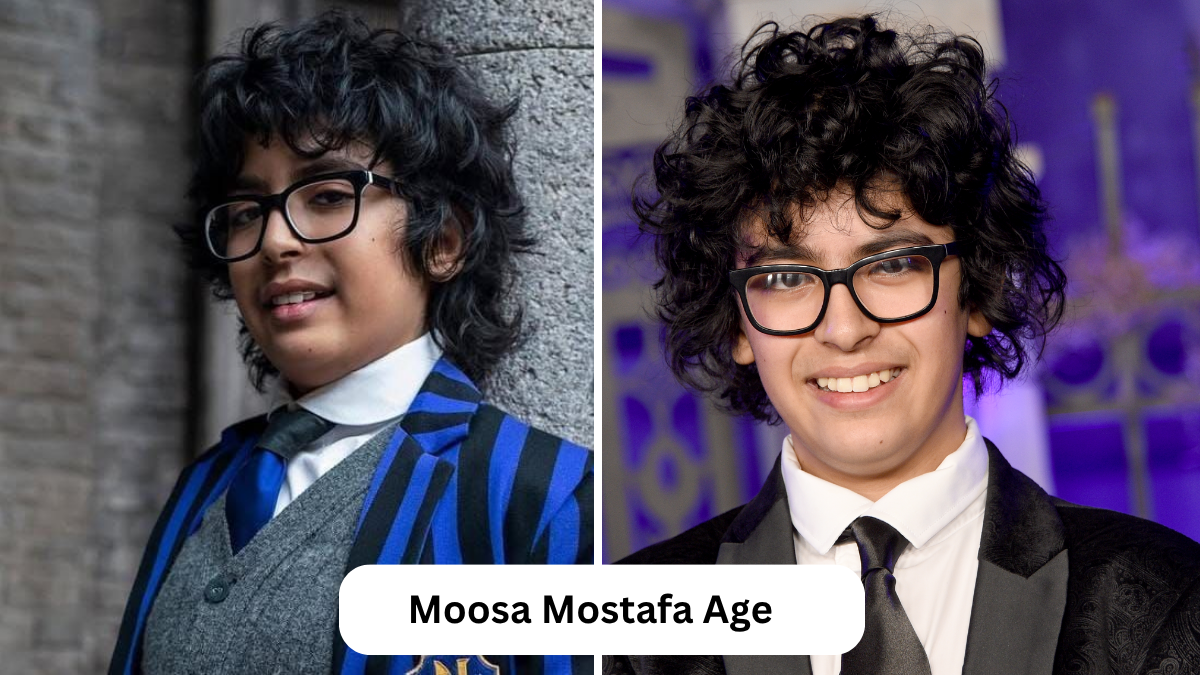When it comes to individuals connected to well-known families or prominent figures, the public often develops a natural curiosity about their lives. One such figure is Deborah Ecclestone, a name that frequently appears in conversations linked to legacy, privacy, and family identity. While she is not a celebrity in the traditional sense, her story has captured attention due to her connections, her family background, and the intrigue surrounding her relatively private lifestyle.
Unlike those who actively pursue fame, Deborah Ecclestone has largely chosen a life away from the spotlight. This decision in itself makes her fascinating, especially in a culture where personal stories are often shared openly across the media. To truly understand her, it is important to look not only at her family background but also at her role as an individual who prefers privacy while still being connected to a world of recognition.
Who Is Deborah Ecclestone?
Deborah Ecclestone is known to many as the daughter of the late British politician and former Conservative cabinet minister Sir Reginald Maudling. While her family background has linked her to a legacy of public life, Deborah herself has avoided becoming a public figure. Her story is therefore one of contrast: on one hand, a direct connection to politics and influence, and on the other hand, a personal choice to live a life outside of public attention.
Sir Reginald Maudling, Deborah’s father, served as Chancellor of the Exchequer and held other prominent government positions in the United Kingdom during the mid-20th century. His career was notable but also marked by controversy, and as his daughter, Deborah Ecclestone naturally found herself associated with the public narrative surrounding his life. Despite this, she managed to remain largely private, shaping her own path away from the scrutiny that often accompanies such family ties.
Family Legacy and Public Interest
The interest in Deborah Ecclestone largely stems from her connection to her father’s political career. Sir Reginald Maudling played an influential role in British politics, particularly during the post-war era, where decisions around finance and governance shaped the country’s future. However, he was also a figure surrounded by challenges, including controversies that clouded parts of his career.
As his daughter, Deborah carried the weight of this legacy. The public often wonders what it means to be the child of a political figure whose actions left a lasting impression on the country. For Deborah, it meant inheriting both the admiration and the scrutiny directed at her father. Yet rather than embracing the public sphere, she distanced herself from it, preferring not to capitalize on or directly engage with the attention that her family name attracted.
This decision reflects strength and individuality. Many in similar positions might choose to live publicly or attempt to continue the family legacy. Deborah Ecclestone, however, charted her own course, demonstrating that personal identity can be distinct from inherited narratives.
The Private Nature of Deborah Ecclestone
What sets Deborah Ecclestone apart from many figures connected to public families is her decision to maintain a private life. She has not sought the media spotlight, nor has she engaged heavily in public appearances. In fact, much of the intrigue surrounding her comes from the absence of detailed information about her life, career, or personal choices.
In today’s world, where information is often widely accessible, it is rare to find someone who maintains such a low profile. Deborah’s preference for privacy has become a defining characteristic of her story. While some may interpret this as mystery, it can also be seen as a conscious choice to preserve a sense of normalcy and autonomy, away from the expectations placed on her as the daughter of a political figure.
This sense of privacy is also a form of protection. By staying out of the limelight, Deborah ensures that her personal life, relationships, and pursuits remain her own, free from external judgment or speculation.
The Impact of Family on Identity
The influence of family on one’s identity is undeniable, and in the case of Deborah Ecclestone, her father’s career likely shaped parts of her worldview. Growing up with a parent in politics can be both inspiring and challenging. It exposes one to leadership, governance, and decision-making, but it also exposes the family to criticism, pressure, and scrutiny.
For Deborah, these experiences may have instilled resilience and a strong sense of self. Instead of being defined solely by her father’s reputation, she chose to craft a life of her own. While she carries the Maudling name through her lineage, she has ensured that her personal story is not overshadowed by it.
Her life illustrates the balance between family legacy and individual choice. It shows how someone can acknowledge their heritage without being confined to it.
Why People Are Curious About Deborah Ecclestone
The enduring curiosity about Deborah Ecclestone reflects a broader cultural fascination with individuals connected to famous families. People are often eager to know whether the children of politicians, celebrities, or business leaders follow in their parents’ footsteps or choose alternative paths.
In Deborah’s case, the intrigue comes from the contrast. While her father was deeply immersed in public life, she is known for her distance from it. This difference fuels speculation and interest, as people try to reconcile how two lives from the same family can diverge so significantly.
Her choice of privacy also adds to the fascination. In a society that often equates visibility with success, Deborah Ecclestone reminds us that fulfillment can be found in quieter, less public paths.
The Legacy of Privacy
The life of Deborah Ecclestone provides an important reminder of the value of privacy. Not all individuals connected to public figures must embrace fame or allow themselves to become subjects of constant scrutiny. By choosing to live privately, she reclaims control over her narrative, ensuring that her identity remains her own.
Her story highlights the fact that privacy can be a powerful statement. It demonstrates that personal happiness and meaning are not dependent on recognition or publicity. In many ways, her decision to step away from the limelight makes her story just as compelling as those who seek it.
Conclusion
The story of Deborah Ecclestone is one defined not by public achievements or media presence but by the strength to live authentically outside of the spotlight. As the daughter of Sir Reginald Maudling, her life is inevitably connected to a significant political legacy. Yet her choice to prioritize privacy and individuality illustrates her determination to be more than just an extension of her family name.
In a world where many people in her position might seek fame or visibility, Deborah Ecclestone has chosen another path—one of discretion, independence, and personal identity. Her story reminds us that a meaningful life does not always require public recognition. Sometimes, the most powerful narratives are those written quietly, away from the public gaze.
FAQs
Who is Deborah Ecclestone?
Deborah Ecclestone is the daughter of Sir Reginald Maudling, a British politician who served as Chancellor of the Exchequer and held other senior government positions.
Why is Deborah Ecclestone known to the public?
She is primarily known due to her connection to her father’s political career, though she herself has chosen to live a private life away from the public spotlight.
Is Deborah Ecclestone involved in politics?
No, Deborah Ecclestone has not pursued a political career. She has largely remained out of public life, distinguishing her path from her father’s
Why is there public interest in Deborah Ecclestone?
The curiosity stems from her family background, particularly being the daughter of a high-profile political figure, combined with her decision to live privately.
What makes Deborah Ecclestone’s story unique?
Her story is unique because she represents the balance between inheriting a public family legacy and choosing to live privately, demonstrating individuality and strength.




